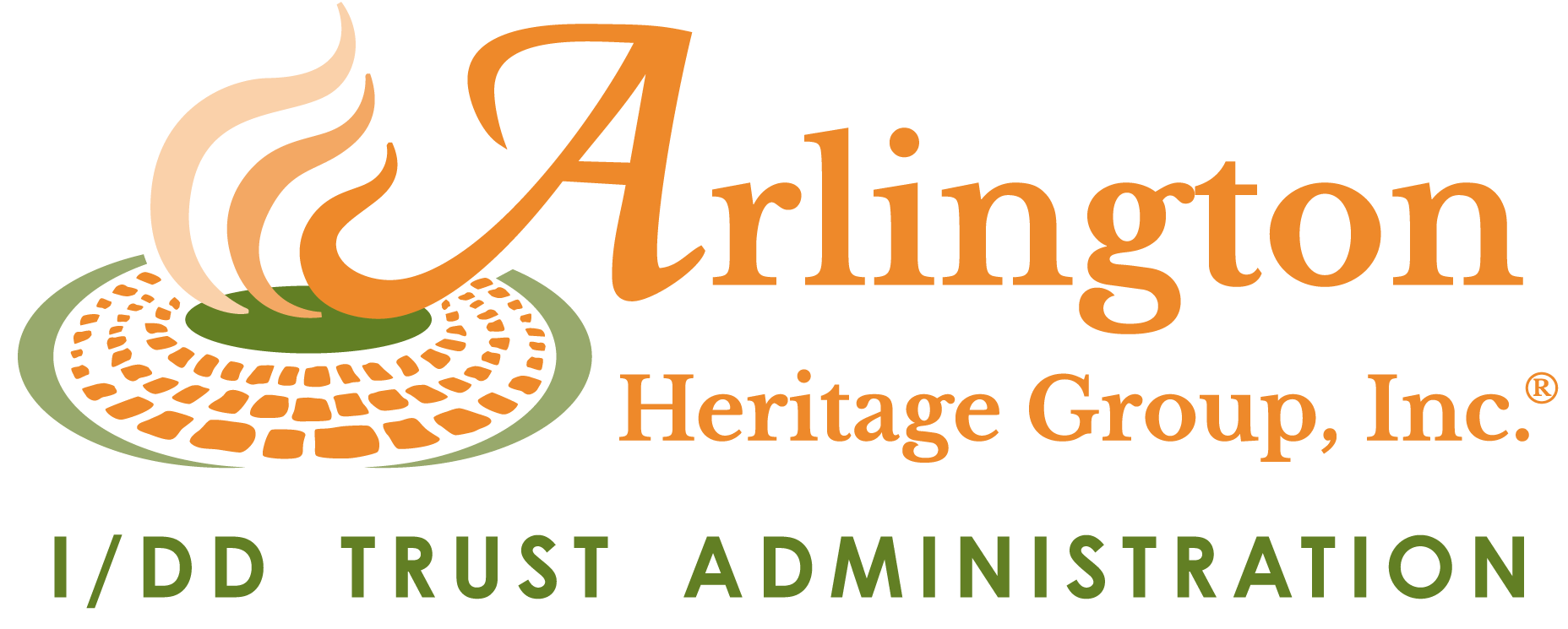There are two questions I/DD providers need to be asking right now about this topic: 1) Do our consumers have stimulus money? 2) What is the best thing we can do with it?
Over the last two years, most of your consumers received three stimulus payments, totaling $3,200. Also, during this time, the pandemic took away individuals’ ability to get out and spend this money. Add to that the cost-of-living adjustment in SSI benefits; this 5.9% increase began in January of this year and is the largest increase in monthly payments since 1982. See SSI Benefits Will Increase By Largest Amount In Decades. The result of all this is excess funds in your consumers’ checking accounts.
When comparing the resource limit of $2,000 to the amount of excess funds, providers are pushing away from a standard “spend-down” practice. We think this is a good thing too as consumers should be able to save their money and use it as needed, as opposed to frivolous spend downs to ensure continuity of benefits. If a provider uses an exempt resource account, it then becomes possible for a consumer to save excess money and still maintain benefits. ABLE accounts are an exempt resource but has limitations. A special needs pooled trust (SNPT) is exempt as well. This type of trust was specifically designed by law for non-profit providers to create and use. Non-profit providers are the only entities allowed to operate a SNPT.
Now is the time to explore exempt resources and decide which is best for your consumers and organization. The public health emergency (PHE) is about to end and the Social Security Administration (SSA) and Medicaid are preparing to undertake a massive eligibility/redetermination process.
Originally, SSA stated that stimulus money would be counted as a resource after 12 months from its receipt. In August of 2021, SSA changed their ruling and identified stimulus money as “disaster assistance.” This means these funds are excluded from being counted as a resource indefinitely, without a time limit. Bank account balances above the $2,000 resource limit due to stimulus money will require additional information from the individual’s provider and then a manual action must be created by an SSA employee to apply the pandemic-related resource exclusion. SSA has instructed their employees to accept an individual’s reasonable allegation regarding how much assistance was retained.
To date, we have not seen the same type of ruling from Medicaid. The Centers for Medicare and Medicaid Services has issued guidelines for states to accomplish the task of redetermination within 14 months after the emergency expires. The original request was for states to complete the work within six months, but CMS lengthened the period after states protested. However, all states will have a strong incentive to work faster and shed the costs of carrying ineligible people. Making the task even more difficult is that Medicaid agencies are suffering from a severe worker shortage, which could easily lead to errors and delays.
We urge providers to sidestep the potential for mistakes and move past the ambiguous rulings to save your consumers’ stimulus money. Arlington Heritage Group has a complete and compliant SNPT that you can adopt as your own. We act as your trust administrator to assist you in the daily operation of the trust. This is a business-to-business solution for administration, compliance and reporting. It can support your entire community and can help to offset capital intensity for individuals in your care. It’s a transparent tool used by executives, fiscal teams, DSP’s, family members and the individual, who can all interact with the trust account. Use this link to begin your exploration into this SNPT – Special Needs Deserve A Special Solution.
Arlington Heritage Group is a trust administrator and has been working exclusively with human service providers for over 30 years. Over 100 non-profits have made our special needs pooled trust their choice. When we work together, we safeguard benefits and build resources for your community.










